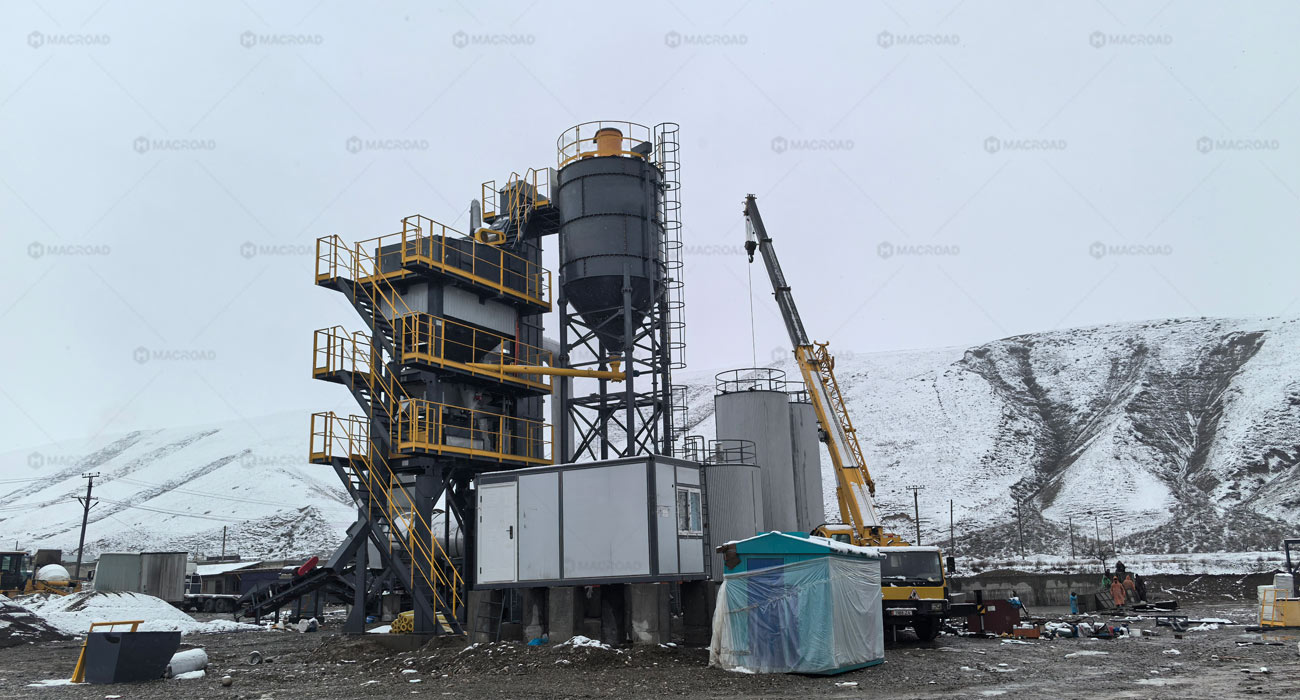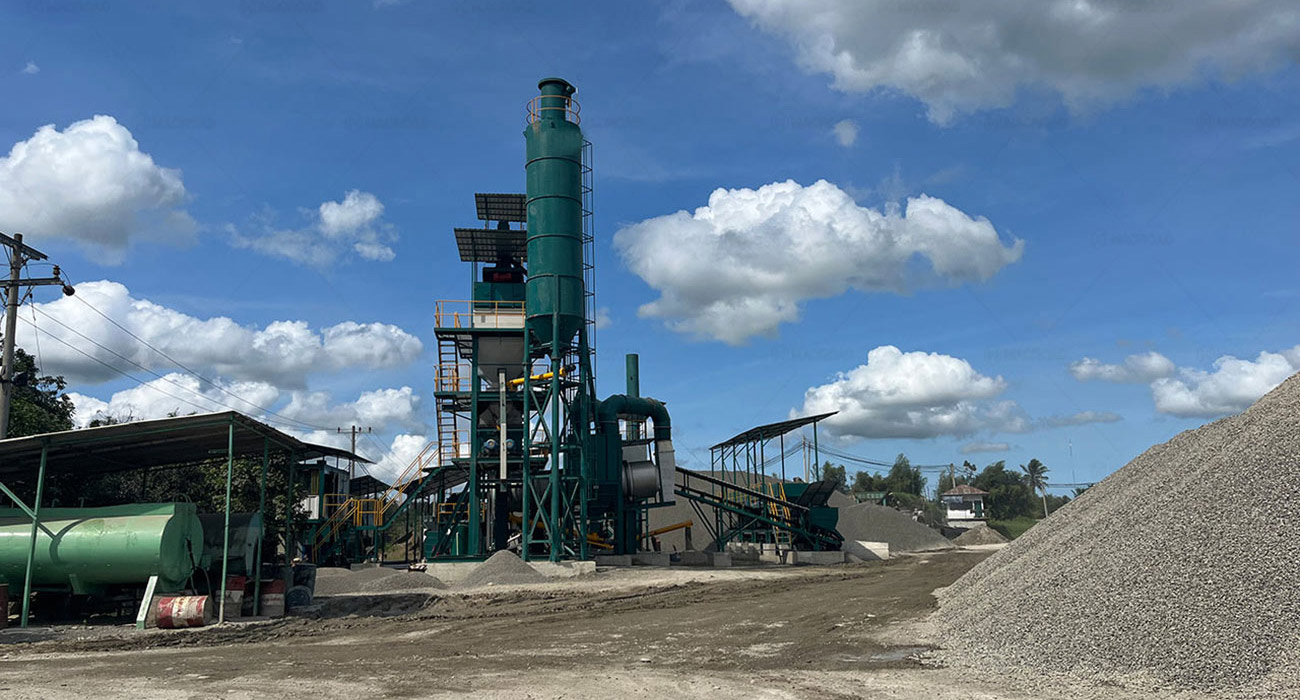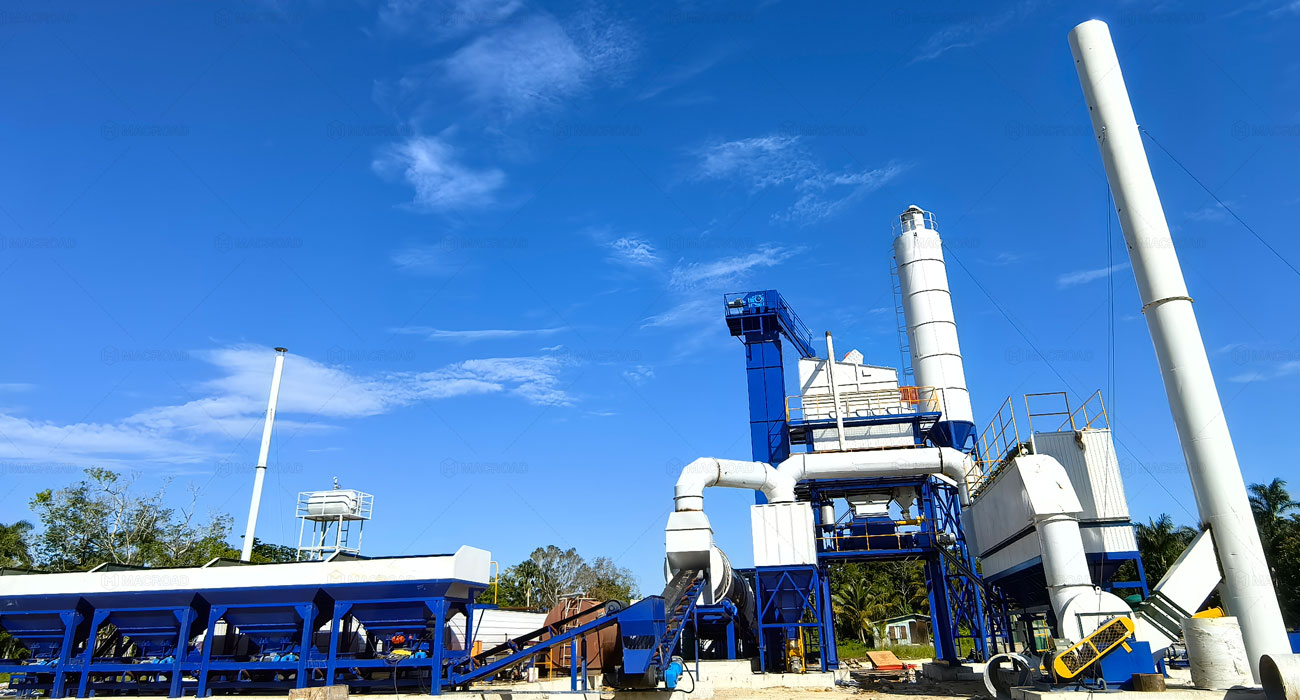In extremely cold areas, road construction presents unique challenges that necessitate adjustments in asphalt production processes. The incorporation of recycled asphalt is a valuable strategy, balancing low-temperature crack resistance with recycling value. This article explores how asphalt production can adjust the technology and proportion of recycled materials, and how emulsified asphalt produced by asphalt emulsification equipment can enhance performance in freeze-thaw environments.

Incorporating Recycled Asphalt in Cold Climate Conditions
Asphalt production in extremely cold areas requires careful consideration of material properties to ensure durability and resistance to cracking. The incorporation of recycled asphalt is a sustainable practice that can reduce costs and environmental impact. However, the challenge lies in achieving the right balance between the recycling value and the performance characteristics necessary for cold climates.
To address this, producers often adjust the proportion of recycled asphalt in the mix. A higher percentage of recycled content can contribute to cost savings, but if it exceeds a certain limit, it may compromise the material’s low-temperature crack resistance. Therefore, asphalt producers must conduct thorough testing to determine the optimum blend that maintains the integrity of the asphalt while maximizing the recycling benefits.

The Role of Emulsified Asphalt in Enhancing Properties
Emulsified asphalt, produced using advanced asphalt emulsification equipment, offers a promising solution for improving the performance of recycled asphalt in cold environments. By designing special formulas that include emulsifying agents, producers can enhance the adhesion properties and flexibility of the asphalt. This is particularly beneficial for cold-weather applications, where traditional hot-mix processes may fall short.
The mechanism of emulsified asphalt differs significantly from that of traditional hot-mix asphalt. In emulsified asphalt, the binding agents are dispersed in water, which allows for more uniform application and better integration with recycled materials. This helps in achieving improved low-temperature crack resistance, as the emulsified mixture can better accommodate the thermal expansions and contractions associated with freeze-thaw cycles.

Balancing Performance and Environmental Benefits
The integration of recycled asphalt and emulsified asphalt in extremely cold areas road construction not only enhances material performance but also supports sustainability efforts. By optimizing the asphalt production processes, construction projects can achieve a balance that maximizes both the environmental benefits of recycling and the mechanical properties necessary for durability in harsh climates.
Moreover, the use of emulsified asphalt can lead to reductions in energy consumption during production, as it often requires lower temperatures compared to traditional hot-mix asphalt. This not only contributes to cost savings but also minimizes the carbon footprint of the asphalt production process.
In conclusion, asphalt production processes in extremely cold areas road construction can successfully adjust to incorporate recycled asphalt while enhancing performance through emulsified asphalt. By carefully balancing the proportions of recycled materials and leveraging the benefits of emulsification, producers can develop asphalt solutions that are both environmentally sustainable and resilient in challenging conditions.